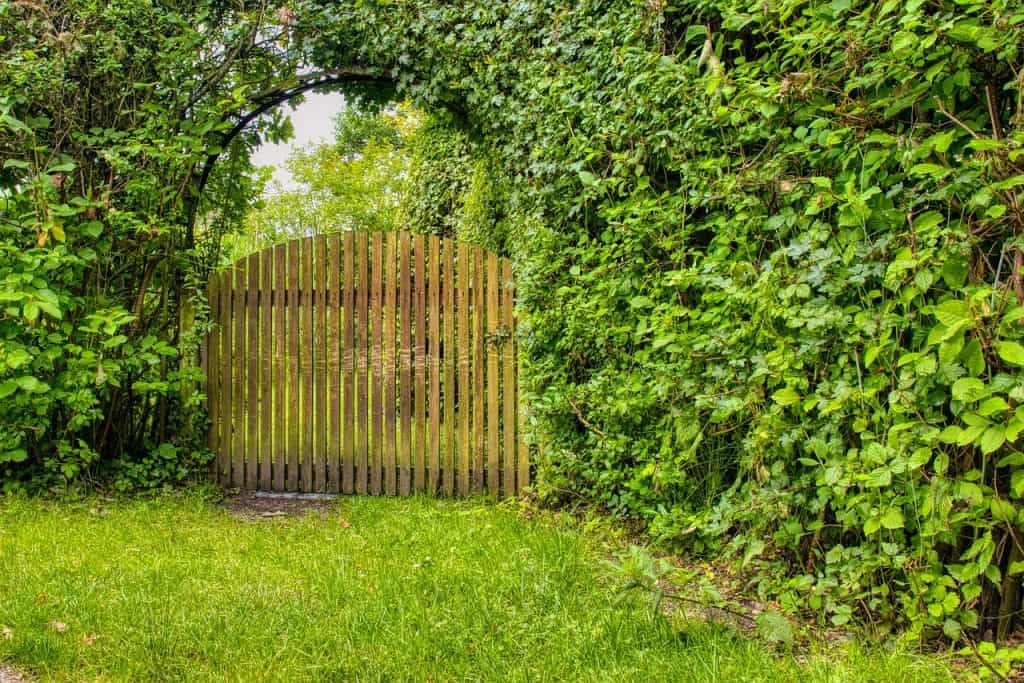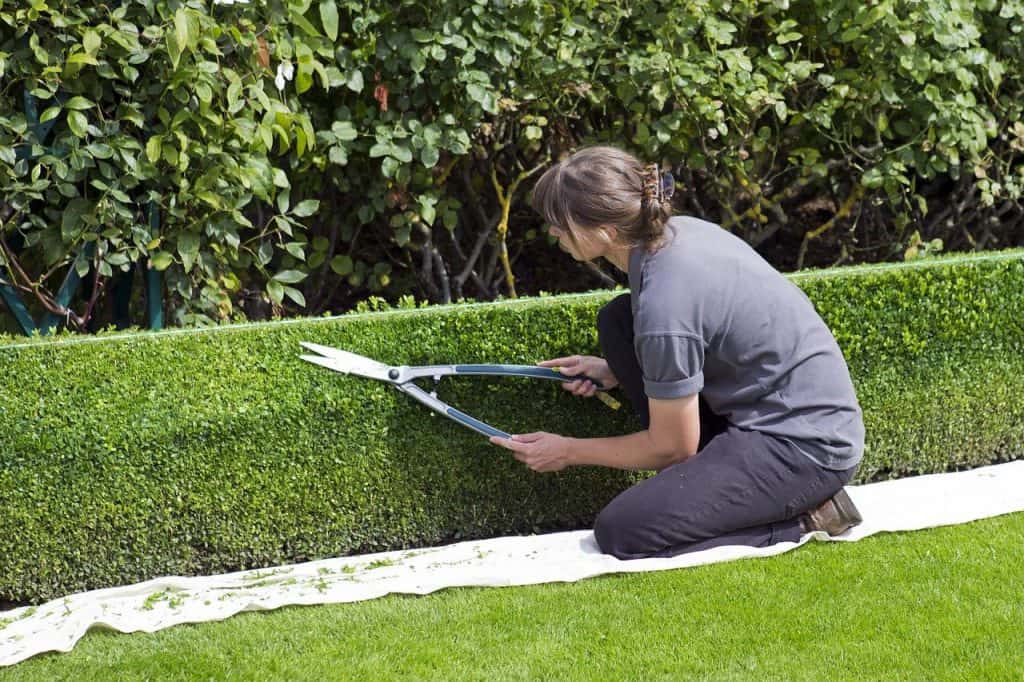Berberis, yew, alder, periwinkle or forsythia – we present the best shrub species to create a beautiful hedge. They are easy to grow and care for.
A hedge is a great way to hide artificial fences, which are often not very pretty, and to mark the boundaries of your property. In addition, it is a natural barrier against noise coming from the street and the sight of other people. In addition, it stops city dust and other pollutants, and creates a favorable microclimate.
Such a living wall can be created with deciduous, coniferous and even flowering shrubs. This is a very good solution especially recommended to people who do not have time or do not want to work many hours in the garden. Their cultivation is very simple, and moreover, for many years they grow exactly in the same place.
For a long time the most popular were thuyas, which are easy to care for, very decorative and fast growing. In addition, thuyas are evergreen, so all year round, even in winter, they look just as good. They can be successfully replaced by many other species of shrubs.

Berberis is a beautifully colored shrub that will also make a dense hedge. The leaves can vary in color from red to yellow to green. You can get a very interesting effect if you plant them alternately. The only thing you have to keep in mind when caring for them, especially when pruning, is their long and sharp thorns. All treatments should be carried out using gloves.
Depending on the variety, barberries grow to an average height of four metres. They can be easily planted both in partial shade and in the sun. They will do well in many places, are easy to grow and have low soil requirements. Additionally, they are pest resistant and frost hardy.
Taxus yew is very easy to form, so it is ideal for creating a living wall, even fifteen meters high. In addition, it has a high capacity for self-regeneration and will withstand even severe pruning. It is also very decorative and evergreen.
In addition, yew grows very densely, so it provides an accurate cover. However, here you also need to be careful, as it is poisonous – special care should be taken with children.
This is another evergreen and dense shrub that has no special requirements either for soil or position. It survives even drought. Boxwoods can be easily pruned into fancy shapes and even made into sculptures. This would undoubtedly be a very original garden decoration. Boxwoods can live up to 700 years.

Another name for it is cherry plum. It is often used to create a hedge, especially because of its fast growth and density, as well as its low requirements and easy cultivation. It can reach a height of up to 10 meters and can quickly fill in any gaps, for example, after winter. This shrub has thorns, so you won’t need gloves either.
This is a small shrub with glossy leaves and usually blue flowers (or white, purple or violet). It adapts itself to both sunny and strongly shaded places and is also resistant to very low temperatures. You just have to remember that the soil should always be moist.
This is a shrub with a cheerful yellow color, which grows quite quickly. It has long branches and grows up to about five meters. It prefers sunny or semi-shaded positions and fertile, moist and light soil. It does not tolerate very dry or wet soil. Forsythia is also hardy.
Finally, there is the common juniper. It is hardy (including frost or drought) and not picky – even sandy or barren soils are enough for it. It can be formed into any shape. Moreover, it does not require frequent watering.